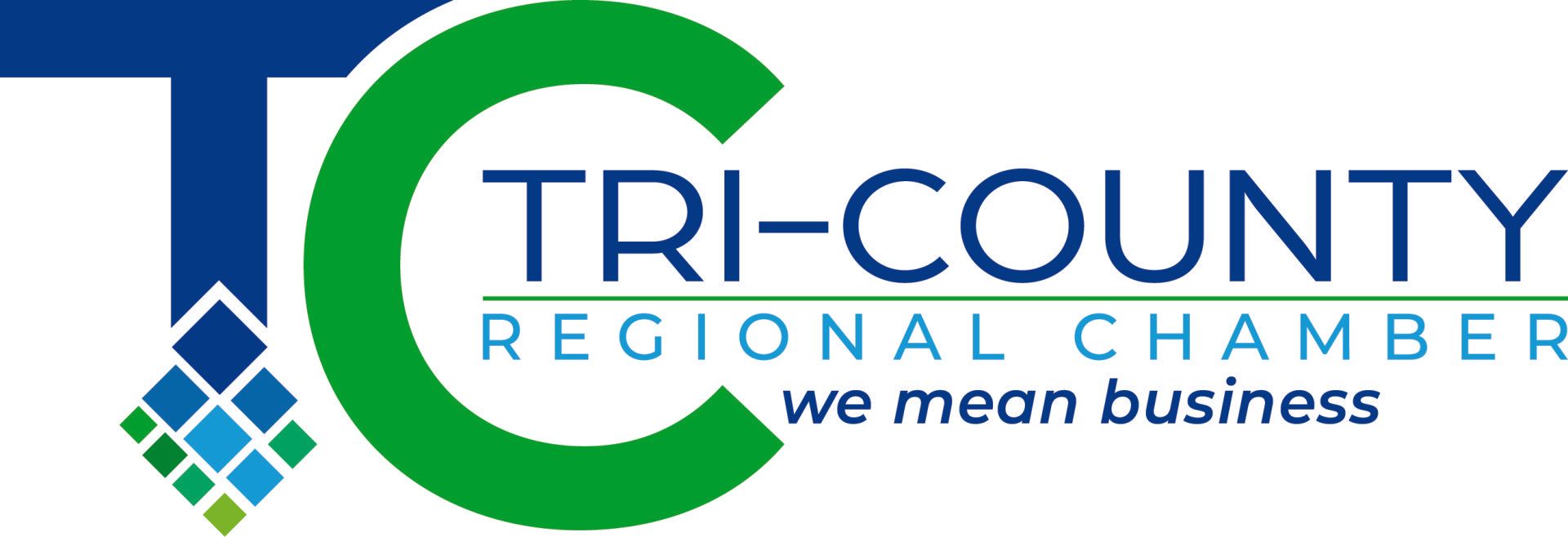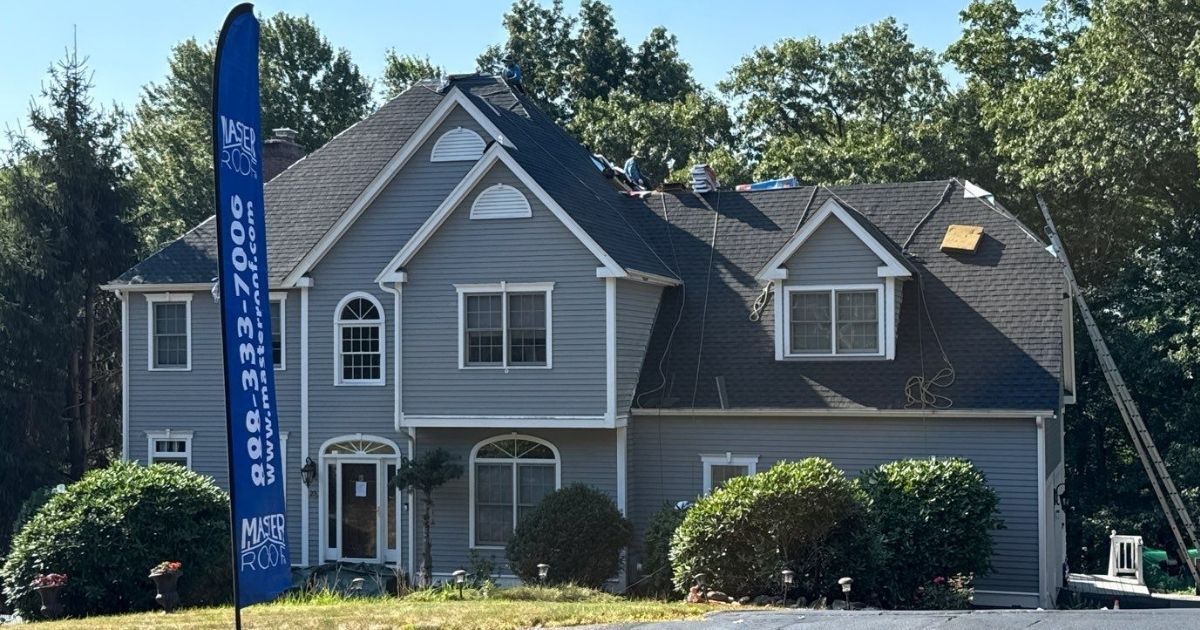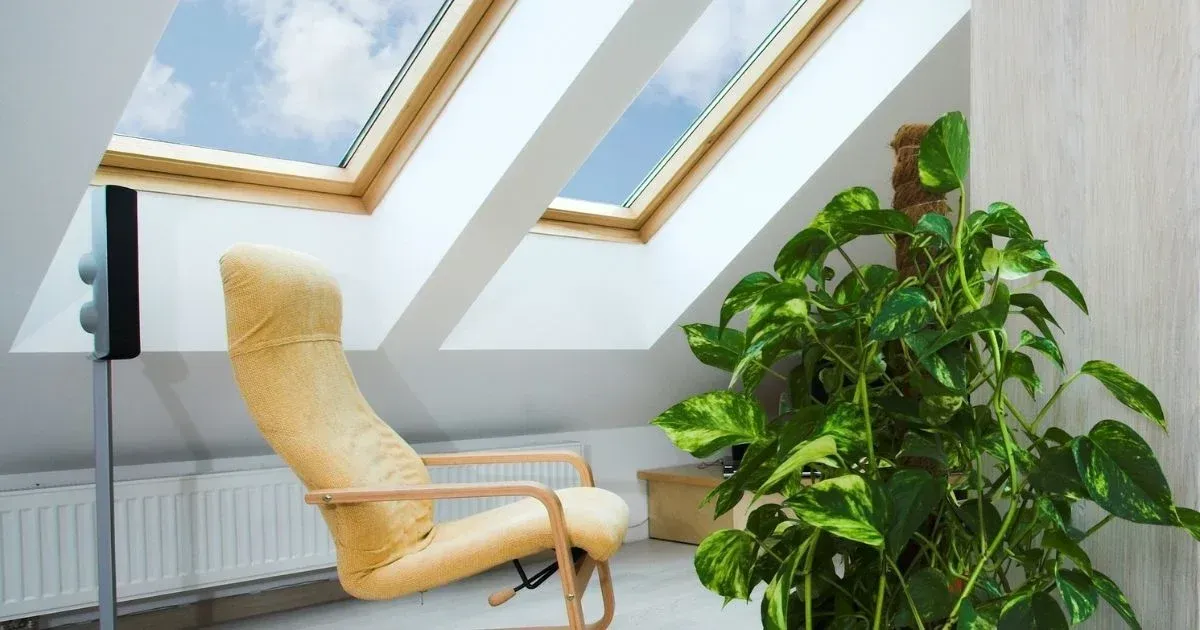Blogs
Understanding Requiements for Roofing Contractors in Massachusetts
When hiring a roofing contractor in Massachusetts, knowing the state’s regulations is essential to ensure your home is protected and the work meets high standards. Licensing, insurance, and building codes are in place to guarantee safety, quality, and durability. Master Roof, based in Milford, MA, is dedicated to transparency and professionalism. This guide outlines the critical legal and regulatory requirements for roofing contractors in Massachusetts, helping homeowners make informed choices for their roofing projects.
Key Licensing Requirements
Contractors must hold specific credentials to perform roofing work legally.
- Home Improvement Contractor (HIC) Registration: Mandatory for work on existing 1-4-family homes, including repairs and replacements.
- Construction Supervisor License (CSL): Required for projects involving structural components like roof framing.
- Verify credentials via the Massachusetts Board of Building Regulations and Standards (CSL) or the Office of Consumer Affairs and Business Regulation (HIC).
Massachusetts Building Code for Roofs
The Massachusetts State Building Code (780 CMR) establishes strict standards for residential roofing to ensure safety, longevity, and energy efficiency. These regulations address materials, installation methods, and structural resilience, designed to handle Massachusetts’ challenging weather, from heavy snowfalls to strong winds. Familiarizing yourself with these standards helps confirm your contractor’s work aligns with legal requirements.
Material and Installation Standards
Roofing materials must meet rigorous quality and safety benchmarks.
- Approved materials, such as asphalt shingles, metal, or tiles, must be installed per manufacturer specifications.
- Asphalt shingles are capped at two layers to avoid excessive weight that could lead to structural failure.
Leak Protection Measures
Robust waterproofing is vital to prevent water damage.
- Underlayment is required: one layer for steep slopes (4/12 or greater), two for flatter slopes (3/12 or less).
- Rust-resistant flashing, at least 0.019 inches thick, must seal areas around chimneys, walls, and roof edges.
Structural Integrity
Roofs must be built to endure Massachusetts’ harsh climate.
- Frameworks, including beams and rafters, need to support snow, wind, and other environmental loads.
- Older homes or those with heavier new materials may require additional bracing, particularly for seismic resistance if replacing over 25% of the roof.
Drainage Systems
Effective water management prevents pooling and structural damage.
- Gutters, drains, or scuppers ensure proper runoff.
- Low-slope roofs require backup drains to manage overflow and prevent water damage.
Ventilation for Attics
Proper attic ventilation prevents moisture buildup and extends roof longevity.
- Specific vent measurements ensure adequate airflow to reduce risks of mold or rot.
- Contractors must calculate ventilation based on attic dimensions.
Fire Safety Requirements
Roof materials must resist fire, especially in densely built areas.
- Fire-safe materials include slate, treated wood, or specific shingles.
- Rooftop equipment, like solar panels, must comply with fire safety standards.
Energy Efficiency Standards
Roofs play a key role in home energy conservation.
- Insulation in roofs or attics must meet minimum efficiency ratings to reduce heat loss.
- Reflective roofing materials can lower cooling costs during warmer months.
Insurance and Bonding Essentials
Massachusetts requires roofing contractors to carry specific insurance to protect homeowners and workers during projects. Verifying your contractor’s coverage is a crucial step to avoid unexpected liabilities and ensure peace of mind. Master Roof maintains full compliance with these requirements, prioritizing your protection.
Required Insurance Types
Contractors must have adequate coverage to safeguard your property.
- General Liability Insurance: Covers potential property damage during the project.
- Workers’ Compensation Insurance: Protects employees in case of on-the-job injuries.
Why Choose Master Roof
Master Roof exceeds Massachusetts’ stringent requirements, delivering top-tier service and innovative roofing solutions. As a Milford-based, fully licensed, and insured company, we focus on quality, safety, and client satisfaction, ensuring your roof is durable, compliant, and built to withstand local conditions.
Benefits of Working with Master Roof
Our dedication to excellence distinguishes us in the industry.
- Every project complies with state building codes and is inspection-ready.
- We use advanced techniques and materials for long-lasting, modern roofs.
Homeowner Protections
Partnering with Master Roof minimizes risks and maximizes value.
- Our licensing and insurance shield you from liability and substandard work.
- Your new roof is energy-efficient, structurally sound, and tailored for Massachusetts weather.
Take the Next Step with Confidence
Choosing a qualified roofing contractor is vital for a successful project. By understanding Massachusetts’ licensing, code, and insurance requirements, you can confidently select a professional like Master Roof. Protect your home, enhance its value, and enjoy the security of a roof that meets the highest standards.
Contact Master Roof Today
Trust Master Roof for reliable, experienced and code-compliant roofing solutions in Milford and beyond.










